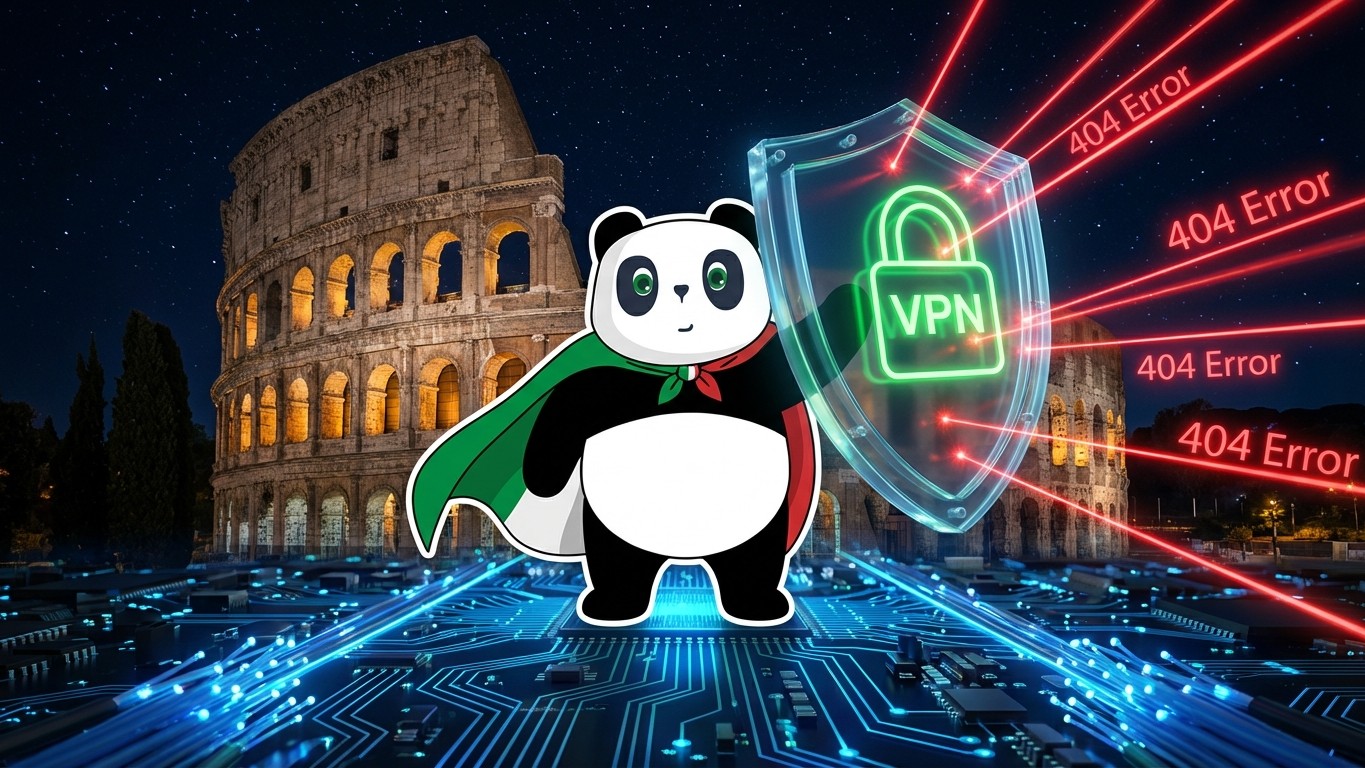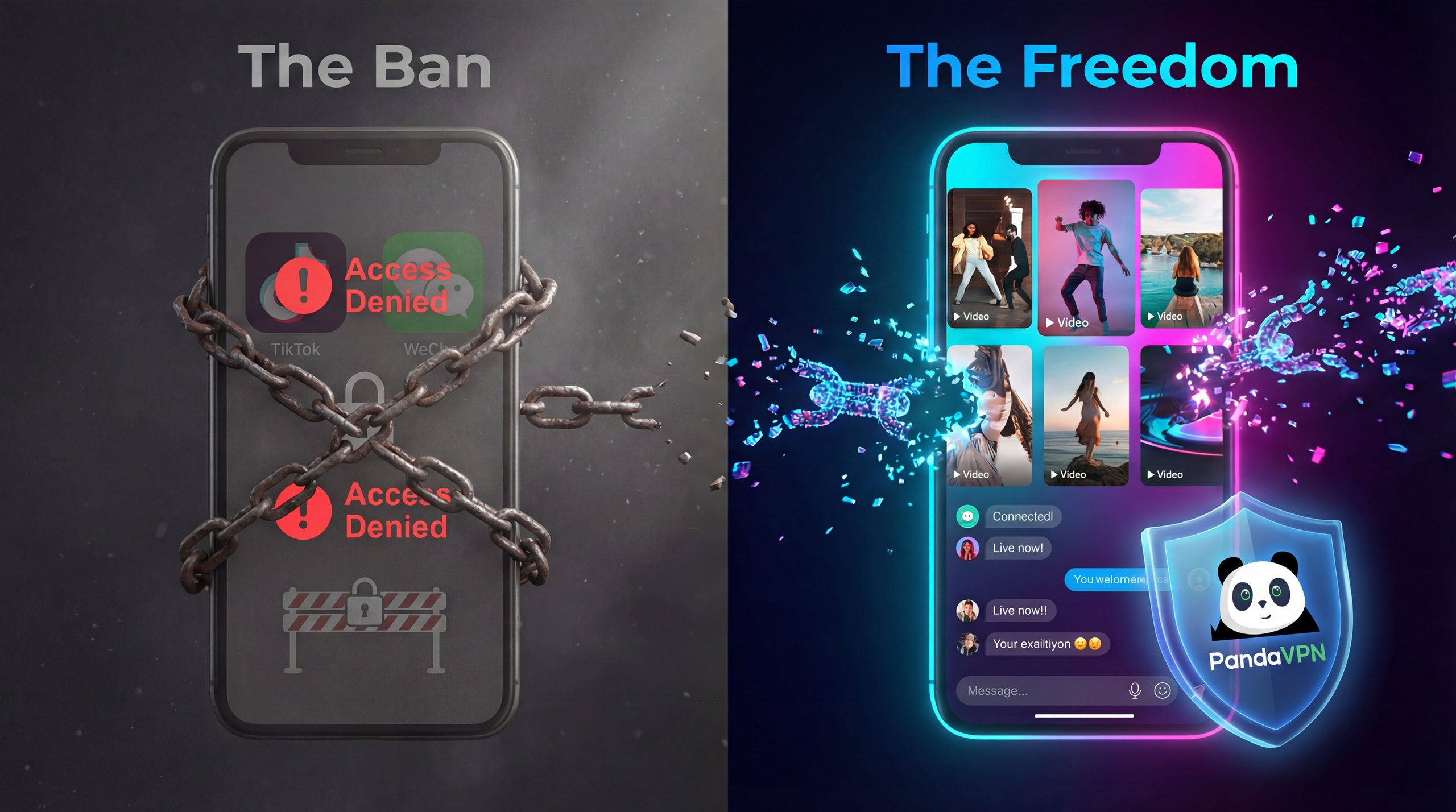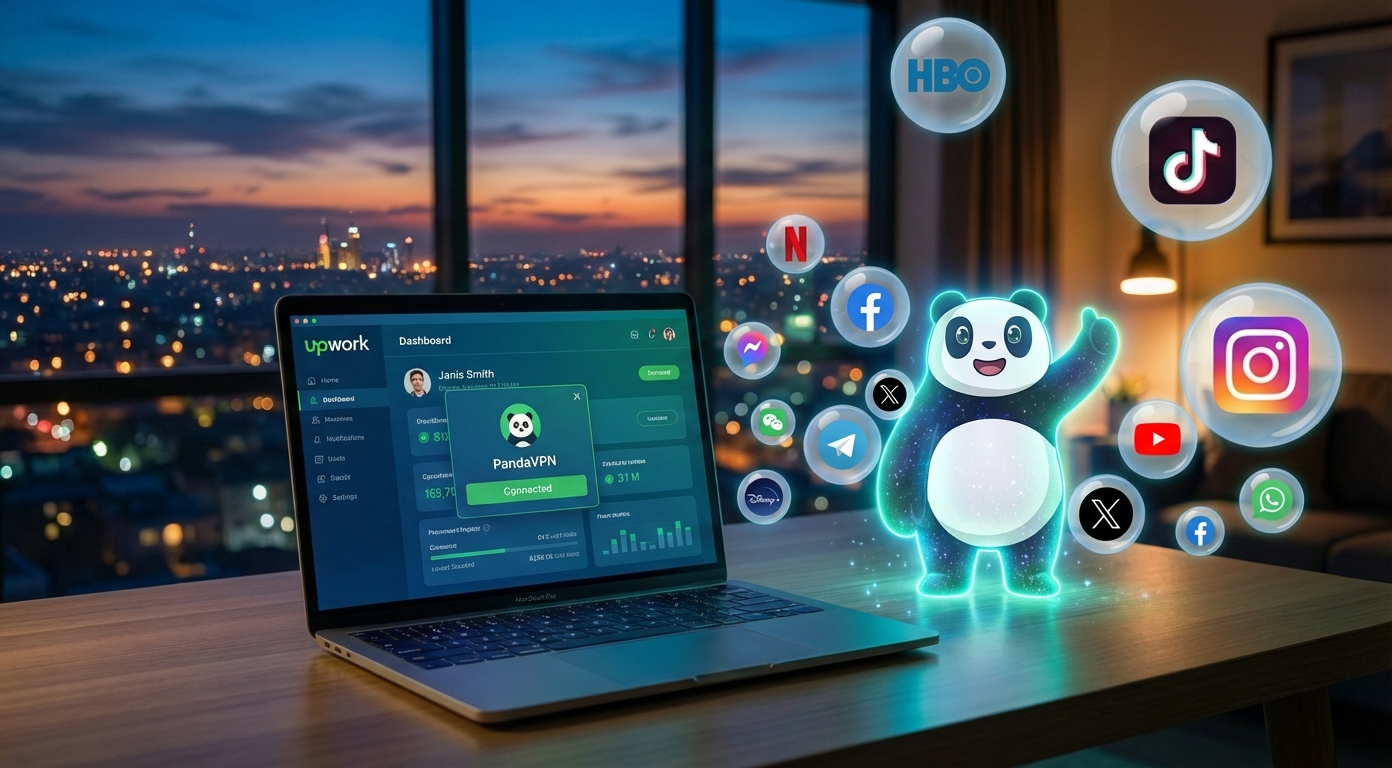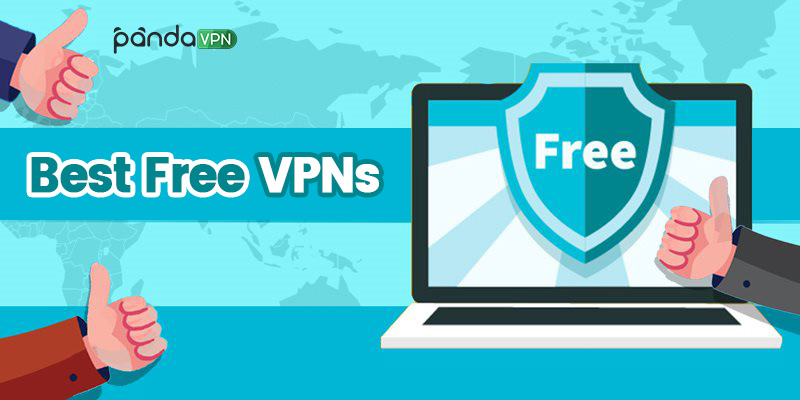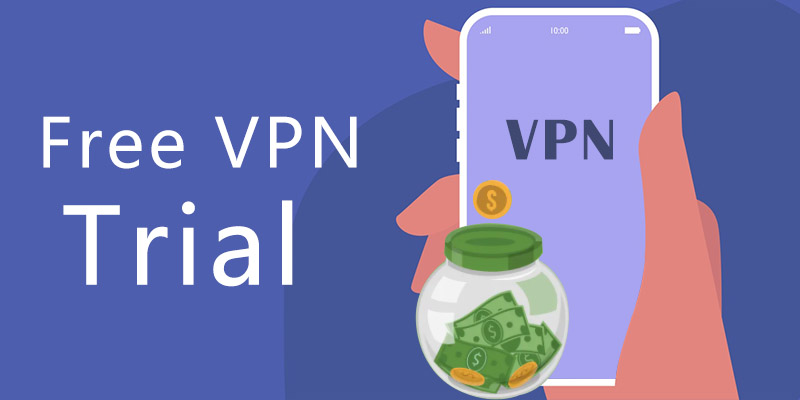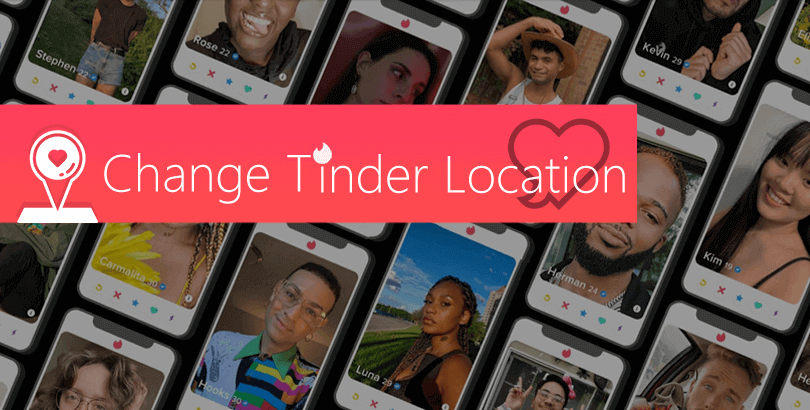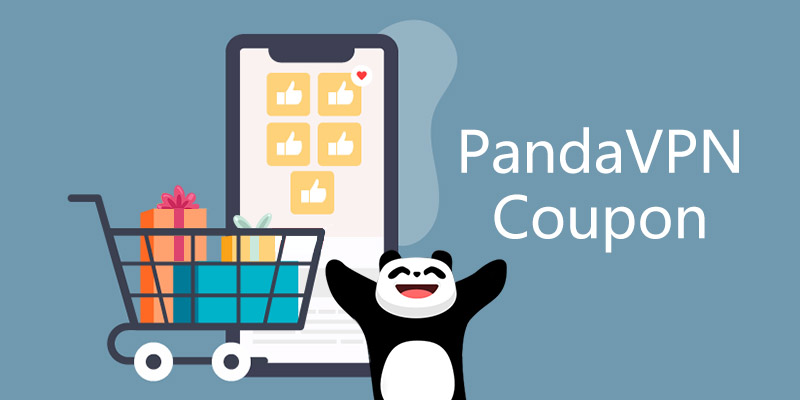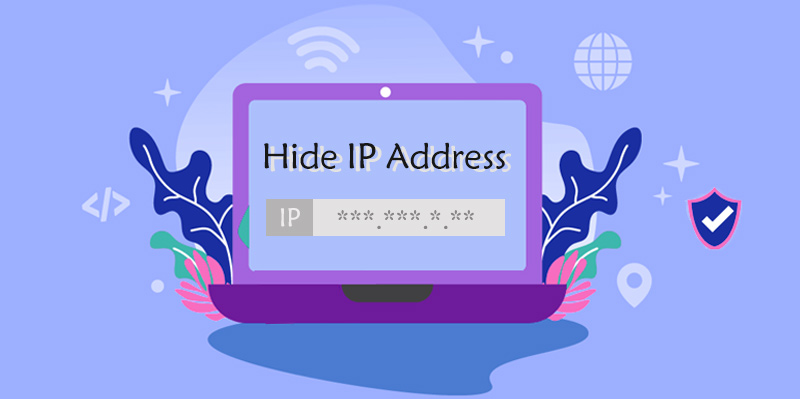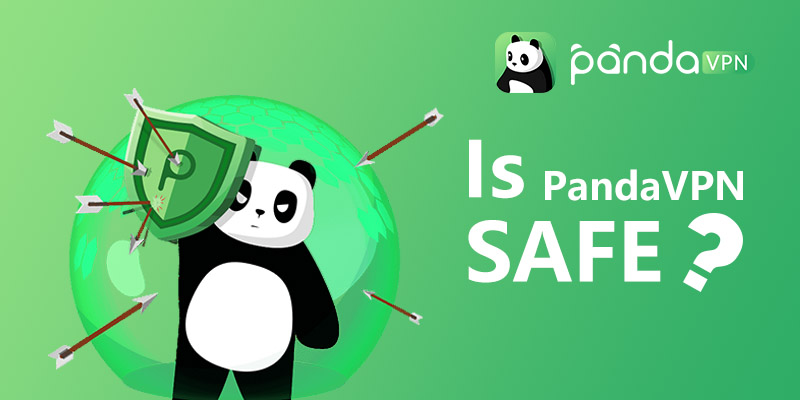How can VPN hide your data from your Internet provider
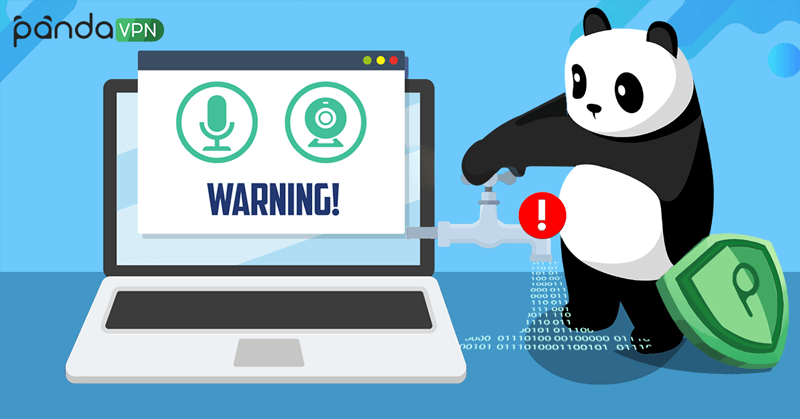

What does your ISP see when you’re on your VPN
When you are using a VPN (Virtual Private Network), your Internet Service Provider (ISP) will see different information compared to when you are not using a VPN. Here’s what your ISP can see when you are connected to a VPN:
1. Encrypted Data: Your ISP will see encrypted data passing between your device and the VPN server. The actual content of your online activities, such as websites visited, files downloaded, or messages sent, will be hidden due to encryption.
2. Connection to the VPN Server: Your ISP will be able to see that you are connected to a VPN server. They can see the IP address of the VPN server you are connected to and the amount of data being transmitted.
3. Timing and Duration of Connection: Your ISP can see when you connect to the VPN, how long you are connected, and when you disconnect from the VPN service.
4. Amount of Data Transferred: Your ISP can track the amount of data being transferred between your device and the VPN server, but they won’t be able to see the actual content of the data due to encryption.
5. Metadata: Your ISP may still have access to metadata, such as the websites you are connecting to, the duration of your connections, and the overall volume of data being transmitted.
In summary, when you are using a VPN, your ISP will primarily see that you are connected to a VPN server and the amount of encrypted data being transferred. The actual content of your online activities is hidden from your ISP due to the encryption provided by the VPN. This helps enhance your online privacy and security by preventing your ISP from monitoring and tracking your specific online activities.
Picture this: Every email you send, every search you make, and even the most personal details of your life, from your medical history to your preferences, could be up for grabs. The uncomfortable truth? With limited regulation, it’s impossible to predict how aggressive these companies will be.
However, there is hope! Through extensive research and rigorous testing, we found the most powerful solutions to protect you from prying eyes. There are only two foolproof ways to stop your ISP from monitoring network activity: VPN or Tor. While options like Tor exist, our recommendations primarily lean toward a virtual private network (VPN). This is because a VPN ensures faster connection speeds and operates discreetly, keeping you away from the radar of your ISP and authorities. A VPN acts as your digital guardian, encrypting every message that leaves your device and routing it through a secure server of your choice. This protection ensures that your ISP knows nothing about your online behavior, whether it’s the websites you visit frequently or the personal messages you exchange.
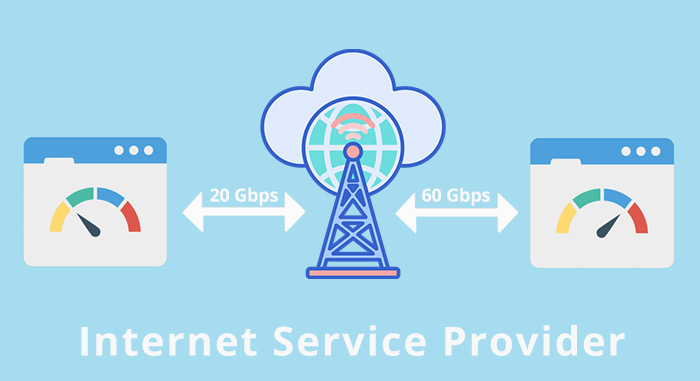
How to choose a VPN to prevent ISP tracking
When choosing a VPN to prevent ISP tracking and enhance your online privacy, consider the following factors:
1. No-Logs Policy: Look for a VPN provider that has a strict no-logs policy, meaning they do not keep records of your online activities. This ensures that even if your ISP requests information, there will be no data to hand over.
2. Strong Encryption: Ensure the VPN uses strong encryption protocols like AES-256 to secure your internet traffic and prevent your ISP from monitoring your online activities.
3. Kill Switch: A kill switch is a critical feature that automatically disconnects your internet if the VPN connection drops, preventing your ISP from seeing your online activities during that time.
4. Server Locations: Choose a VPN provider with servers in multiple locations to help you access geo-restricted content and have more options for server connections.
5. Connection Speed: Opt for a VPN service that offers fast and reliable connection speeds to ensure smooth browsing and streaming without interruptions.
6. Privacy and Security Features: Look for additional privacy and security features like DNS leak protection, split tunneling, and multi-hop connections for added protection against ISP tracking.
7. Compatibility: Ensure the VPN is compatible with your devices and operating systems to protect your online activities across all platforms.
8. Reputation and Reviews: Research the VPN provider’s reputation, read user reviews, and look for independent assessments to ensure the VPN is trustworthy and reliable.
9. Customer Support: Choose a VPN service that offers responsive customer support in case you encounter any issues or have questions about your privacy and security.
10. Cost: Consider the pricing plans and choose a VPN service that fits your budget while still offering the necessary features for protecting your online privacy.
By considering these factors when choosing a VPN, you can effectively prevent ISP tracking, enhance your online privacy, and secure your internet connection from potential monitoring or surveillance.
7 US VPN Recommendations – Stop Your ISP From Tracking Your Internet Activity
There are various VPN products on the market. To avoid users having trouble choosing a VPN, this article recommends seven of the best VPNs that prevent your ISP from tracking your Internet activities.
1. Panda VPN – $2.49/month (Buy one year and get one year free)
[Advantages] Panda VPN is unrivaled in stability in areas with strict censorship. Implement a zero-log policy, adopt OpenVPN, WireGuard and self-developed protocols, and use ECC advanced encryption technology to prevent DNS leaks, protect public Wi-Fi security and personal data security.
Panda VPN allows users to smoothly watch streaming media content such as Netflix, HULU, HBO Max, and Disney in any region of the world, access social networking sites such as Facebook, Reddit, and Instagram, and download popular software such as YouTube and TikTok. It also has 24/7 Chinese customer service Online service to answer any questions you may have at any time.
PandaVPN has deployed a large number of servers in 25 states and cities in the United States to provide users with more choices. PandaVPN implements patented acceleration technology on all server networks and has ultra-fast IPLC dedicated lines with line bandwidth up to 10 Gbps. The mobile terminal has a built-in ad blocker, providing a broadband-free experience, automatically blocking malicious websites and eliminating network threats.
PandaVPN offers a 3-day free trial for Android and a 7-day free trial for iOS, providing users with a 7-day unconditional money-back guarantee.
- Headquarters: Republic of Seychelles, East Africa
- Security: Multiple VPN protocols, zero-log policy, ECC advanced encryption
- Device: At least three devices can be connected at the same time, and can be added as needed
- Servers: 80 countries, 3000+ servers
- Compatibility: Support Windows, Mac, iOS, Android, Linux and other systems
【Cons】Lacks router apps and browser plug-ins.
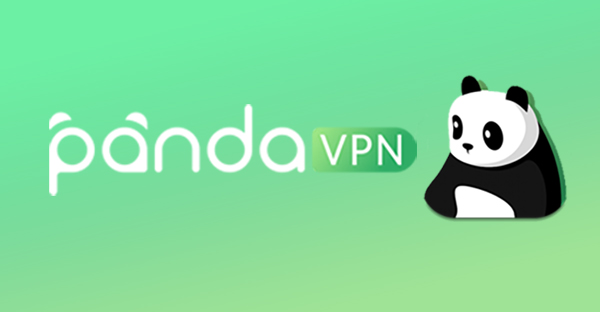
2.ExpressVPN——$6.67/month (Buy 12 months and get 3 months free)
[Advantages] ExpressVPN is a well-known old VPN with powerful functions. ExpressVPN allows torrenting, low game latency, fast network speeds, and can unblock Netflix, Hulu, BBC iPlayer and other platforms. ExpressVPN launches the TrustedServer function, which uses AES 256-bit passwords and 4096-bit RSA keys and SHA-512 HMAC authentication to ensure security and privacy.
【Cons】ExpressVPN is the most expensive among the eight American VPNs. VPNs are long-term products, and higher prices will make them unaffordable for some users. There are other VPNs with excellent performance and low prices on the market for us to choose from, such as Panda. VPN. Moreover, ExpressVPN does not support Chinese and does not consider the language needs of some users.
- Headquarters: British Virgin Islands
- Security: Multiple tunneling protocols, zero-logs policy, AES-256-bit encryption
- Devices: Up to five devices can be connected simultaneously
- Servers: 94 countries, 3000+ servers
- Compatibility: Support Windows, Mac, iOS, Android, Linux and other systems
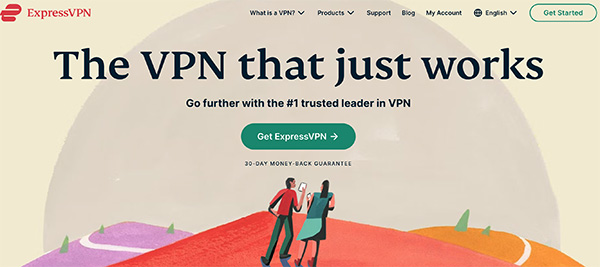
3.NordVPN——$4.99/month (12-month package, not fully functional)
[Advantages] NordVPN provides encrypted proxy extensions for Chrome, Firefox and Edge; allows users to connect to special servers such as Double VPN and P2P servers; uses AES-256 encryption and supports OpenVPN, IKEv2/IPSec and other protocols.
【Cons】NordVPN divides the VPN service into three versions – full version, enhanced version and standard version. The standard version (the best price of $3.99/month) does not provide malware protection, tracker and ad blockers, data leakage detection and other functions; the connection is unstable in some areas; you need to provide the user’s email address to register for NordVPN, and user information data is stored securely Hidden danger.
- Headquarters: British Virgin Islands
- Security: Multiple tunneling protocols, zero-logs policy, AES-256-bit encryption
- Devices: Protect up to six devices simultaneously
- Servers: 94 countries, 3000+ servers
- Compatibility: Support Windows, Mac, iOS, Android, Linux and other systems
4. CyberGhost – $4.29/month (12-Months plan)
[Advantages] CyberGhost has functions such as kill switch, split tunneling, no logging, leak protection and ad blocking; it can unlock the mainstream streaming media platforms on the market; it is fast for torrent downloading and game playing; it provides browser plug-ins for Chrome and Firefox wait.
【Cons】CyberGhost has poor connections in some areas, which makes most users regret it. CyberGhost also requires an email address to activate the account, so users need to choose carefully.
- Headquarters: Bucharest
- Security: 256-bit AES encryption, no-logs policy, multiple protocols
- Devices: Protect up to seven devices simultaneously
- Servers: 91 countries, 9000+ servers
- Compatibility: Support Windows, Mac, iOS, Android, Linux and other systems
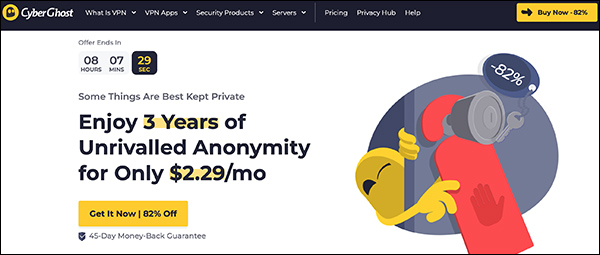
5. Surfshark – $3.99/month (12-Months plan)
[Advantages] Surfshark also uses AES-256 encryption and supports IKEv2/IPsec, OpenVPN, WireGuard and other protocols; it can unlock popular global websites, such as Facebook, Instagram, Netflix, and HULU; it can smoothly watch high-definition videos and download torrent files; it provides 7X24 hours Chat services, etc.
【Cons】Surfshark and PIA VPN packages have the same duration, but are more expensive than PIA VPN. If you want to protect your device from malware, check whether data is leaked, and avoid tracking devices, users need to pay additional fees for related services and also need to submit their user email. Surfshark locates by IP address by default, so some users may not be able to connect.
- Headquarters: British Virgin Islands
- Security: Multiple VPN protocols, AES-256 encryption, zero-log policy
- Devices: Supports any number of devices
- Servers: 95 countries, 3200+ servers
- Compatibility: Support Windows, Mac, iOS, Android, Linux and other systems
6.PureVPN——$3.24/month(12-Months plan)
[Advantages] PureVPN adopts OpenVPN, IKEv2 and other protocols and a no-log policy; has built-in kill switch, ad blocking, split tunneling and other functions; provides 7X24-hour chat service; can provide users with dedicated IP; unlock various restricted websites, etc.
【Cons】The services PureVPN provides to users are not comprehensive. If you want to enjoy DDoS protection and other functions, you need to pay extra, and the price of the extra payment is more expensive than the VPN service itself. Likewise, PureVPN is not immune to the drawback of collecting user email information.
- Headquarters: British Virgin Islands
- Security: Multiple protocols, zero-log policy, protected with 256-AES
- Devices: Connect up to ten devices
- Servers: 78 countries, 6500+ servers
- Compatibility: Support Windows, Mac, iOS, Android, Linux and other systems
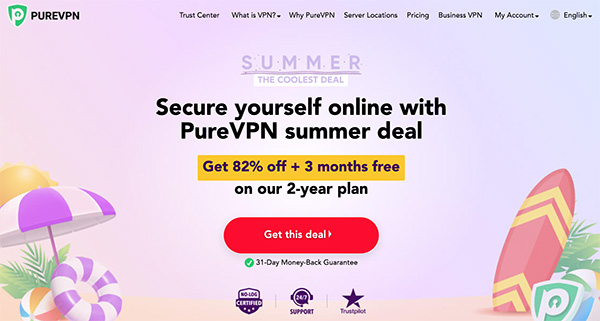
7.PrivateVPN——$11.99/month (1-Month plan)
[Advantages] PrivateVPN supports a zero-log policy, supports Socks5 and HTTP proxy, and has no IP or DNS leaks; provides 7X24-hour chat service and supports remote assistance; can unlock various streaming media platforms; supports torrent downloading, etc.
【Cons】PrivateVPN does not offer a regular December plan. In addition to the January plan for $11.99, there is also a March plan for $6 per month and a 3-year plan for $2 per month. There are shortcomings such as few package options, the need to provide user email addresses, and a small number of servers. And PrivateVPN is headquartered in Sweden (a Fourteen Eyes country). Although PrivateVPN claims not to collect user data, personal data may still be monitored and shared by the government.
- Headquarters: Sweden
- Security: AES-256 encryption, zero data logging
- Device: Supports simultaneous connection of ten devices
- Servers: 200+ servers in 63 countries
- Compatibility: Support Windows, Mac, iOS, Android, Linux and other systems
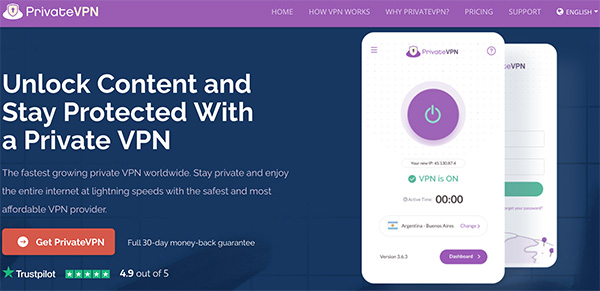
How to Use a VPN to prevent ISP tracking?
Here we take PandaVPN as an example and show you how to use a VPN for gaming.
Step 1. Download and install PandaVPN.
PandaVPN gives Android new users a 3-day free trial without payment in advance, while iOS new users have a free trial for 7 days and you need to subscribe and complete the payment. At any time within 7 days, you can cancel your subscription. The trial continues after the refund. Simply download PandaVPN, and you’ll get a randomly generated trial account. Set a password for your account and everything is done.
Note:
1) In addition to the official website, you can also go to the Google Play Store to download PandaVPN for Android or directly get a PandaVPN apk here.
2) iPhone/iPad users can also search and download PandaVPN Pro directly from the App Store, in addition to clicking the button above to go to the official PandaVPN website to download PandaVPN for iOS.
3) If you have more device needs for gaming VPN, check our list of Android TV, Linux, macOS, or Windows VPN downloads.
Step 2. Choose a server location and connect to VPN.
Enter PandaVPN’s server list and choose a server to connect to. As you can see, PandaVPN has a dedicated list of gaming servers that provide fast and stable connecting speeds.
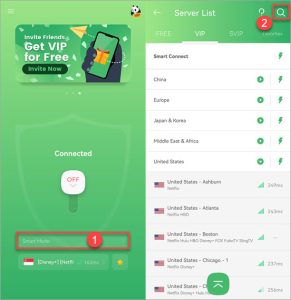
Does my ISP care if I use a VPN?
Whether your ISP cares whether you use a VPN really depends on your location. VPNs are legal in the vast majority of countries, so ISPs in those countries won’t care if you use a VPN. ISPs can tell if you’re using a VPN, even though the traffic is encrypted, meaning they can’t see which websites and services you’re visiting.
However, ISPs in countries where citizens’ Internet freedom is restricted (such as China, Iran, or Russia) may object to your use of a VPN. This is especially true if the ISP is state-controlled or subject to high levels of surveillance by the state. While VPNs are not completely illegal in these countries, VPN sites and connections are blocked.
Arrests and fines have occurred in some countries, but they are uncommon and tend to target activists and journalists critical of the government. To be on the safe side, it’s important to check the laws in your country before using a VPN.
Can my internet provider view my browsing history through a VPN?
No, your ISP cannot view your browsing history when you use a VPN. A VPN encrypts your internet traffic, turning any potential browsing data into unreadable gibberish for anyone trying to snoop. While your ISP will notice that you’re connected to a VPN service, the specifics of your online activity, such as the websites you visit or the files you download, remain private.
In most places where VPNs are perfectly legal, your ISP probably won’t care about VPN usage. However, in countries where internet usage is heavily monitored or restricted, ISPs may be more wary of VPN traffic. In some cases, they may even be responsible for blocking VPNs or reporting their usage to the authorities. Always know your local laws regarding VPN use to ensure you don’t cross any legal boundaries.
Can I use a free VPN?
Free VPNs change your IP address but don’t offer all the features you need to hide your activity from your ISP. Some free services will even collect your data and sell it to third parties to maintain funding.
Most free VPNs also don’t use their own DNS servers, which leaves your traffic vulnerable. Even if a free VPN allows you to bypass restrictions, your DNS requests may leak at some point. This means your ISP and anyone else watching can see what you’re doing.
Thankfully, Panda has its own DNS servers that safely hide you and your online habits. We reroute all your domain requests through our own DNS servers. This means your ISP cannot see the websites you visit or the time you spend on them. From the moment you click connect, everything is hidden. PandaVPN offers users a 3-day free trial.
Stop your ISP from tracking you
Your ISP can see everything you do online. To protect your privacy, you must take action. The safest way to prevent your ISP from tracking your activity is to use a VPN.
PIA reroutes all of your online activity through our DNS servers to ensure your online activity remains hidden. You decide who has access to your digital identity and activities.
A VPN is the best solution to block ISP tracking. Secure and private, PandaVPN is a reliable choice. PandaVPN focuses on not only privacy and security, but also a fast speed for each connection. Get it to have a try >
 Sharon
Sharon  2024.05.13
2024.05.13 